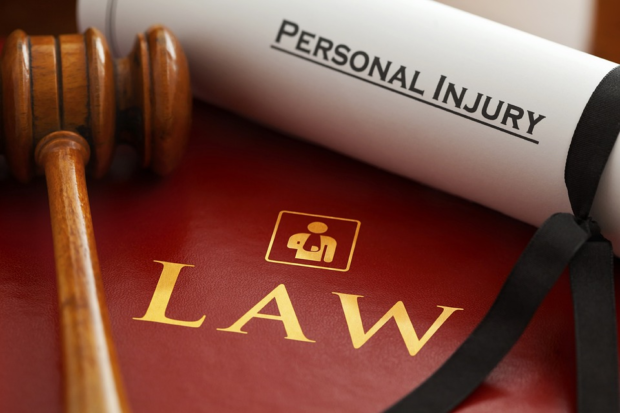What Should You Do If You Have Been Injured? Top 6 Tips
Sustaining an injury can be a distressing experience, whether it’s due to an accident, sports mishap, or any unexpected event. In times like these, knowing how to navigate the aftermath becomes crucial for your physical well-being and legal rights. If you find yourself in such a situation, it’s essential to arm yourself with knowledge on what steps to take next. This blog post will explore the top tips to help you effectively handle an injury, ensuring you receive the necessary medical care, protect your legal interests, and set yourself on the path to recovery.

Seek Medical Attention
Getting a proper medical evaluation is critical for various reasons, regardless of the severity of the injury. To begin with, quick medical attention guarantees that your injuries are appropriately examined and treated, lowering the likelihood of complications or long-term repercussions. Even small injuries might have hidden implications that can worsen if left untreated.
Obtaining medical evidence is also critical for proving a connection between your injury and the incident that caused it. The attorneys working at AllTrialLawyers.com know that this is especially important in order to have fresh proof if you want to take the case to court. This documentation is useful when filing a personal injury claim or working with insurance companies. It is recommended that you see an emergency room, urgent care center, or your primary care physician as soon as possible following the accident.
Report The Accident
Whether the incident occurred at work, on the road, or in a public location, it is critical to report it to the relevant authorities for various reasons. To begin with, reporting the accident produces an official record of the incident, which might be critical in any future legal or insurance-related concerns. By documenting the accident, you can create a timeline and provide critical details that will help you if you need to seek compensation or make a claim.
Furthermore, reporting the accident ensures that the responsible parties are made aware of the situation, allowing them to take appropriate actions to prevent such incidents in the future. Reporting an accident to your supervisor or HR department, for example, permits them to address any safety concerns or risks that may have led to your injury.
Collect Evidence
You’ll also need a bunch of evidence you should prepare in order to make a stronger case. These could be the following:
- incident information
- medical records
- photographs and videos
- police or incident report
- documentation of expenses and losses
- witness statements
- communication records
- expert opinions
- insurance information
Keep any physical proof of the occurrence, such as defective products, broken equipment, or ripped clothing. Keep a record of all medical records, such as diagnosis, treatment plans, and bills. By painstakingly gathering information, you can create a persuasive case that supports your compensation claim and raises your chances of a favorable decision.

Hire A Lawyer
A competent personal injury lawyer can be your most powerful advocate, leading you through complicated legal procedures and ensuring that your rights are safeguarded. They have the experience and expertise to manage insurance claims, negotiate settlements, and, if necessary, litigate your case. Hiring a lawyer provides you with a helpful partner who can evaluate the merits of your claim, gather evidence, and develop a solid legal strategy customized to your individual circumstances.
Furthermore, insurance adjusters are trained to reduce payouts and protect the interests of their organization, and they frequently propose inadequate settlements that may not completely compensate you for your injuries and losses. A qualified attorney can negotiate on your behalf, pushing for reasonable recompense for medical expenditures, lost wages, pain and suffering, and any other losses you may have suffered.
Notify The Insurance Company
When the insurance company receives timely notification, it can begin the claims procedure and investigate the circumstances surrounding the incident. Contact your insurance company as soon as possible after the injury happens to accurately describe the details. Give them a detailed narrative of the occurrence, including the date, time, and location, as well as any relevant documentation or proof you may have gathered.
File A Compensation Claim
A compensation claim seeks financial restitution for the losses you have experienced, such as medical expenditures, lost wages, pain and suffering, and other losses. To make a claim, speak with a personal injury attorney who can walk you through the procedure and safeguard your rights.
If a settlement cannot be reached, your attorney may advise you to file a lawsuit in order to seek compensation through the legal system. Filing a compensation claim is a proactive step in holding the responsible parties accountable and obtaining the financial recompense you due for the injuries’ losses and suffering.
Navigating the aftermath of an injury is never easy, but with the right mindset, you will have no trouble. Seek medical attention right away and don’t forget to report the accident to the authorities. Collect as much evidence as you can and make sure to hire an attorney to help you out. Finally, notify your insurance company and file an insurance claim with them. Good luck!
